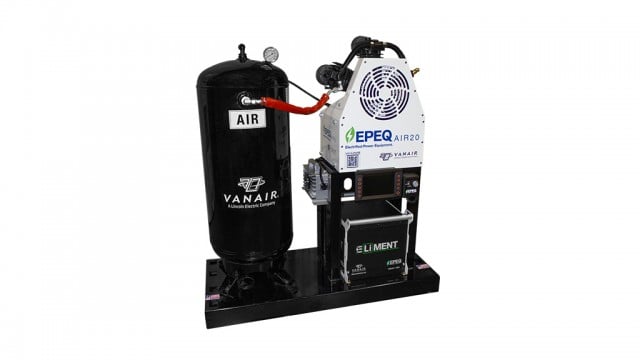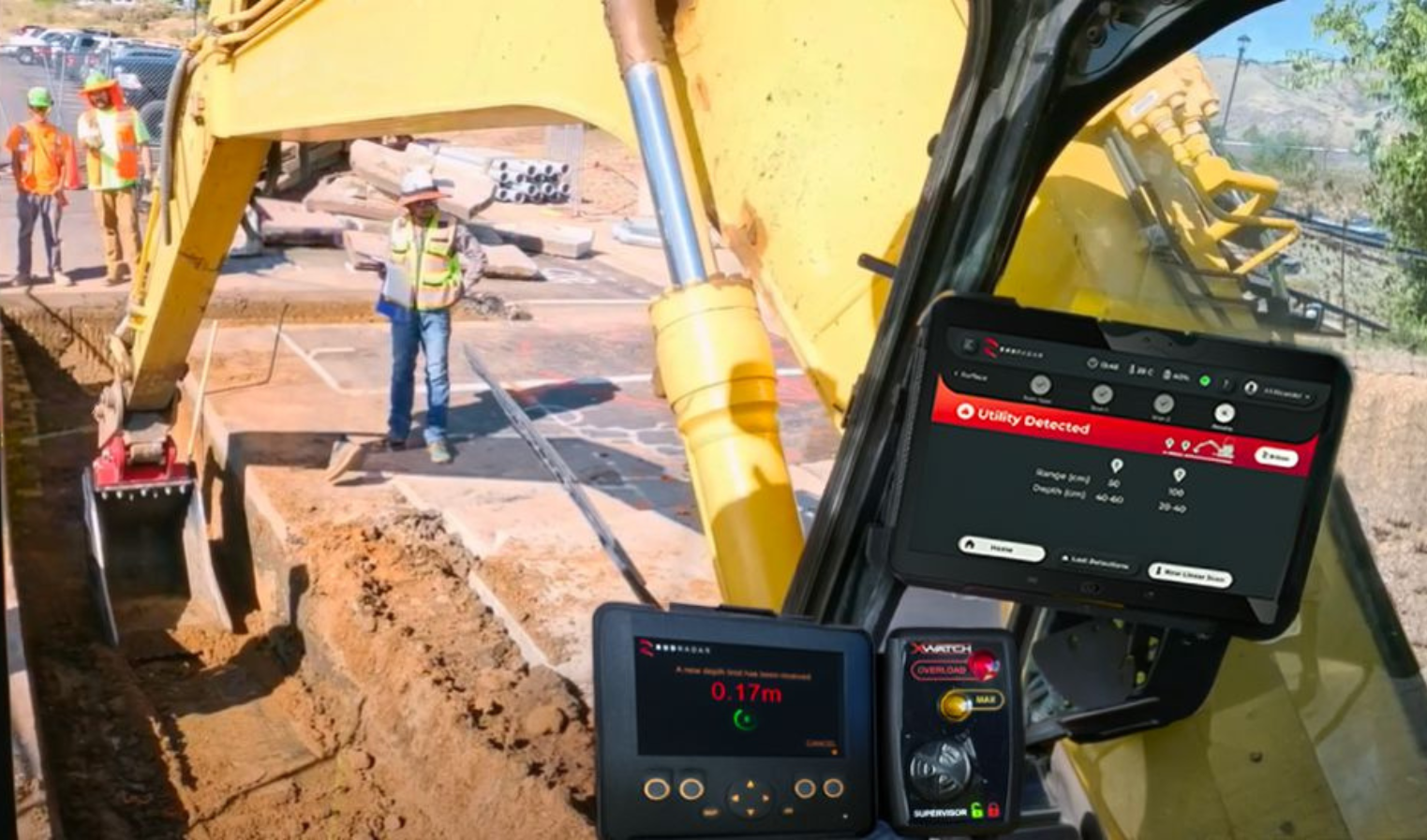Navigating Transportation Regulations: What Businesses Need to Know
Transportation regulations play a crucial role in ensuring safety, efficiency, and fairness in the movement of goods and people. For businesses involved in transportation, staying compliant with these regulations is essential to avoid legal issues, fines, and operational disruptions. Here’s...

Transportation regulations play a crucial role in ensuring safety, efficiency, and fairness in the movement of goods and people. For businesses involved in transportation, staying compliant with these regulations is essential to avoid legal issues, fines, and operational disruptions. Here’s an overview of key transportation regulations and practical advice on how to navigate and comply with them effectively.
1. Understanding Key Transportation Regulations
- Federal Motor Carrier Safety Administration (FMCSA) Regulations The FMCSA sets regulations for commercial vehicles operating in the United States. Key areas include:
- Hours of Service (HOS): Rules governing the maximum number of hours drivers can operate and the required rest periods. These regulations aim to prevent driver fatigue and enhance road safety.
- Vehicle Maintenance: Requirements for regular vehicle inspections, maintenance, and repairs to ensure vehicles are in safe operating condition.
- Driver Qualifications: Standards for driver licensing, including medical examinations and background checks to ensure drivers meet safety and competency requirements.
- Environmental Regulations Regulations aimed at reducing the environmental impact of transportation include:
- Emission Standards: Regulations set by the Environmental Protection Agency (EPA) that limit the amount of pollutants that vehicles can emit. These standards vary by vehicle type and may require the use of cleaner fuels or technologies.
- Fuel Efficiency Standards: Requirements to improve fuel economy, which can impact vehicle selection and operational practices.
- Customs and Border Protection (CBP) Regulations For businesses involved in international shipping, compliance with CBP regulations is critical:
- Import and Export Compliance: Adhering to rules related to the documentation, classification, and valuation of goods crossing international borders. This includes proper customs declarations and payment of duties and taxes.
- Trade Agreements: Understanding and applying the provisions of trade agreements that may impact tariffs and import/export restrictions.
- Hazardous Materials Regulations Businesses handling or transporting hazardous materials must comply with:
- Department of Transportation (DOT) Regulations: Rules governing the safe transportation of hazardous materials, including proper labeling, packaging, and documentation.
- Emergency Response Requirements: Protocols for responding to spills or accidents involving hazardous materials, including training and emergency contact information.
2. Practical Advice for Staying Up-to-Date
- Regularly Review Regulatory Updates Transportation regulations can change frequently. To stay informed:
- Subscribe to Updates: Sign up for newsletters or alerts from relevant regulatory agencies, such as the FMCSA, EPA, or DOT. These sources provide timely information on new regulations and amendments.
- Join Industry Associations: Participate in industry groups and associations that offer insights into regulatory changes and best practices.
- Implement Compliance Management Systems Establishing robust compliance management systems can streamline adherence to regulations:
- Develop Policies and Procedures: Create detailed policies and procedures that outline how your business will comply with regulations. Ensure that these are regularly reviewed and updated.
- Invest in Technology: Utilize compliance management software to track regulatory requirements, manage documentation, and monitor adherence. Technology can help automate compliance processes and reduce the risk of errors.
- Train Your Team Education and training are essential for ensuring that all employees understand and adhere to transportation regulations:
- Conduct Regular Training: Provide ongoing training for drivers, logistics personnel, and administrative staff on regulatory requirements and compliance procedures.
- Maintain Records: Keep detailed records of training sessions, certifications, and compliance activities. This can be useful for audits and inspections.
- Conduct Internal Audits and Reviews Regular internal audits can help identify and address potential compliance issues before they become major problems:
- Perform Self-Inspections: Regularly review your operations to ensure they align with regulatory requirements. This includes checking vehicle maintenance records, driver logs, and shipping documentation.
- Engage External Auditors: Consider hiring external auditors to conduct comprehensive compliance reviews and provide objective assessments of your practices.
- Consult with Legal and Compliance Experts Navigating complex regulations can be challenging. Seeking professional advice can provide valuable support:
- Legal Counsel: Consult with legal experts who specialize in transportation law to ensure that your business is fully compliant with all applicable regulations.
- Compliance Consultants: Engage with compliance consultants who can offer tailored guidance and help implement best practices for meeting regulatory requirements.
Navigating transportation regulations requires diligence, awareness, and proactive management. By understanding key regulations, staying informed about updates, and implementing effective compliance strategies, businesses can avoid legal issues, ensure smooth operations, and maintain a strong reputation in the industry.
Whether dealing with FMCSA rules, environmental standards, customs regulations, or hazardous materials requirements, a comprehensive approach to compliance is essential. Investing in training, technology, and expert advice will not only help in meeting regulatory demands but also contribute to the overall efficiency and success of your transportation operations.
Contact us today for Free Shipping Estimates and heavy hauling trucking information. We welcome any questions, concerns, or comments you may have.


 machineryasia
machineryasia 






